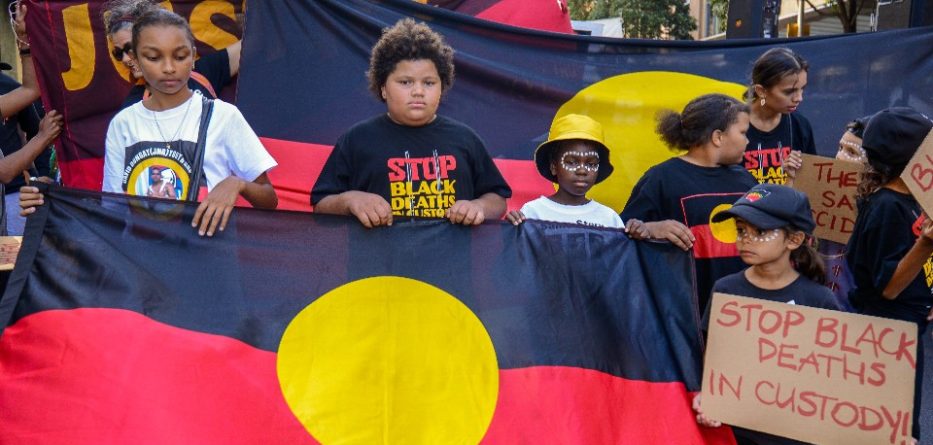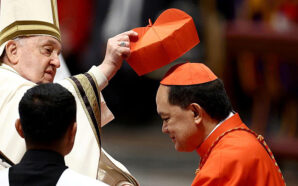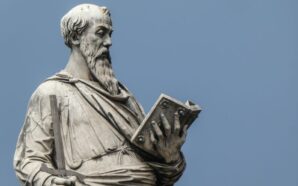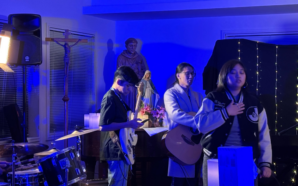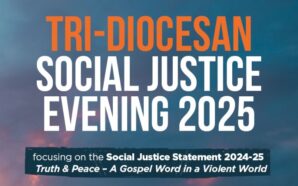Catholic Social Teaching is the foundation of our faith in action, expressing what Jesus taught us about living responsibly and building a just society. Core to this is knowing we can only live full lives in relationship with others, through community, built on the common good. Solidarity for the good of all in our one human family, on our one Earth, here for all to enjoy and protect, is what makes us human.
None of us can enjoy our inheritance of being truly Australian until we honour and celebrate First Peoples’ cultures, roles and history, as they lead the way we can all be together in this land, absorbing its ancient wisdom and rhythms. Putting things right will allow all of us to grow, as full citizens of our unique country, learning from the people who have been here since human time began.
What do we believe?
All people are equal and deserve to be treated equally as a basic human right. This is specifically true for our First Peoples, who are the original and continuing custodians of this land. Acknowledging the history, roles and responsibilities of First Peoples is essential.
Human life is sacred and human dignity is the foundation of our moral vision. After 250 years of colonial presence, it is time to make amends and balance the slate.
We are all responsible to protect human rights, to allow one another to live with human decency, and to look after those who are most vulnerable.
First Peoples have offered the Uluru Statement from the Heart as a gesture of partnership in advancing a healing process. We believe it will begin only when we embrace the Statement and begin Treaty negotiations.
The Federal Government has the responsibility to enact Constitutional Reform to make First Peoples a core feature of what makes us Australian. Only then can First Nations take their proper place in this land.
What are the issues?
Past and present mistreatment of First People’s rights, which continue today in the name of welfare support, ongoing high incarceration rates, stolen generations, deaths in custody, youth arrests, alienation from homelands and gaps in health, education and housing, are well- documented.
The Uluru Statement from the Heart has been rejected by the Coalition Government without consultation or respect. The Labor Party has stated that it will honour the call to move the Statement forward.
The denial of a Voice to Parliament is a rejection of the core acknowledgement of First Peoples’ role in our national story, and their right to inform all aspects of government on matters relating to their lives.
What are the effects?
Ignoring our penal colonial history and current practices has weakened our national psyche.
Generations of hurt stolen wages, stolen children, stolen land, racist policies and practices have driven a wedge between us.
Non-indigenous denial of our history of colonial and penal practices, many of them continuing today, has served to weaken our moral fibre.
Imbalance in media reporting helps to exacerbate underlying racism, (including institutionalised racism), which still exists in our nation.
Ongoing mandatory sentencing, imprisonment for fine defaults, “paperless” arrest laws, tough bail and parole conditions and punitive sentencing regimes all contribute to high incarceration rates, along with funding cuts to frontline legal services and inadequate resourcing for much-needed programs.
What do we want?
A national conversation to embrace First Peoples as they lead the way to listening, truth-telling and healing
A constitutionally enshrined Voice to the Parliament of Australia to enable the voices of First Nations Peoples to be heard, so that they can achieve self-determination over decisions that touch their lives, culture and communities
Completion of the Uluru Statement process, with ongoing changes to advance the Voice to Parliament, Treaty, and Reconciliation across Australian parliaments, institutions, businesses and societies
Enactment of recommendations of the Aboriginal Deaths in Custody and Stolen Generations Royal Commissions (RC), as well other official reports from across the nation that have led to minimal or zero reform (e.g., the Don Dale Youth Detention RC in NT)
Review and Reform of justice and social service regulations, policies, and procedures at all levels of government, and in all institutions (police, corrections, juvenile justice, schools, childcare, aged care, housing, health) to ensure equal & equitable support for Aboriginal and Torres Strait Islanders peoples
Reform of Funding and administrative decisions so that decisions are made by oversight committees predominantly consisting of First Nations Peoples, and always including local representatives from the communities affected
Inclusion of Aboriginal and Torres Strait Islander cultures, languages, and heritage so we can all learn to live with respect for each other and relate to the Spirit of Place in the country that nourishes us.
This is an excerpt from the document Voting from the Common Good, prepared by the Justice and Peace Office of the Catholic Archdiocese of Sydney. Download the full kit of social justice issues to consider at the 2022 Federal Election here.




